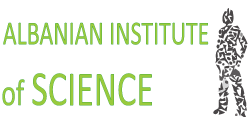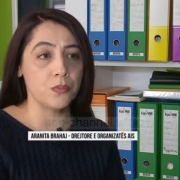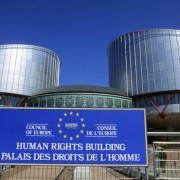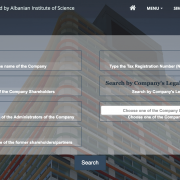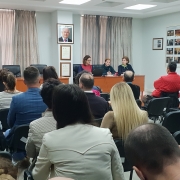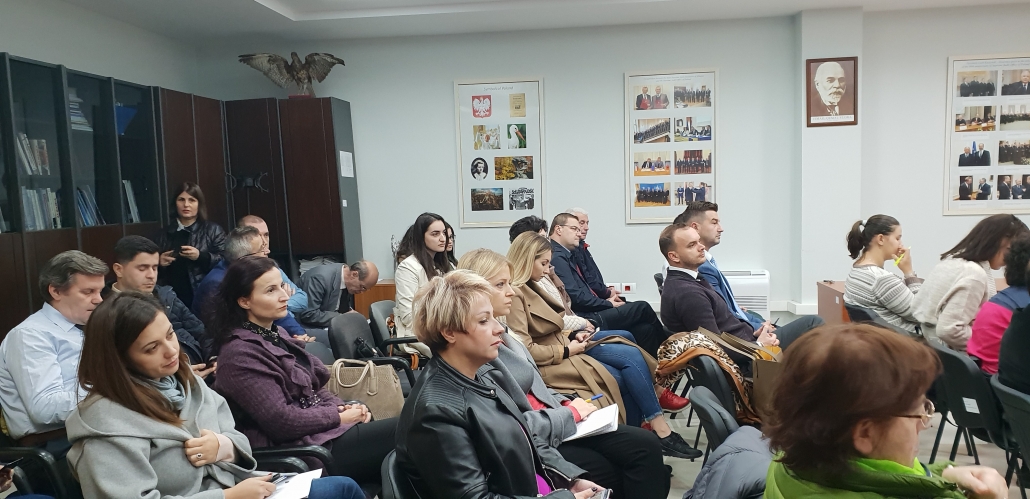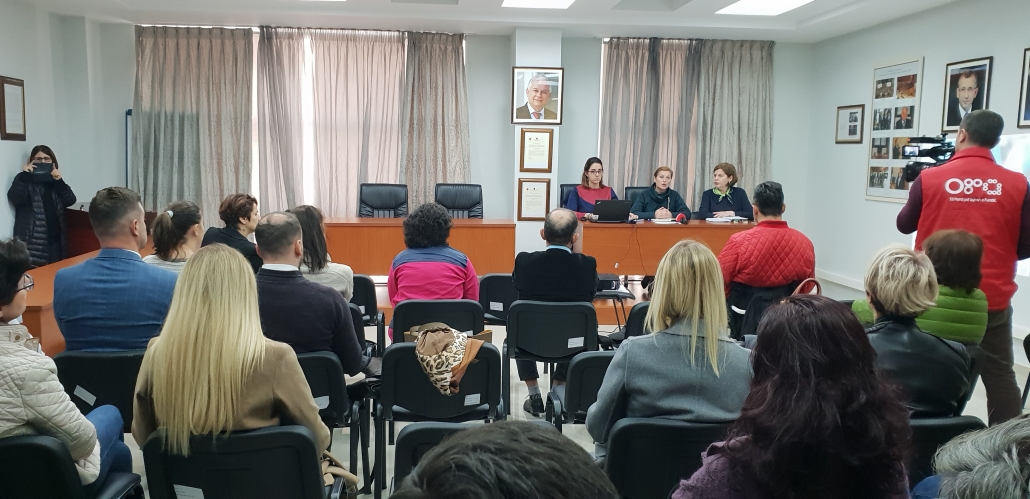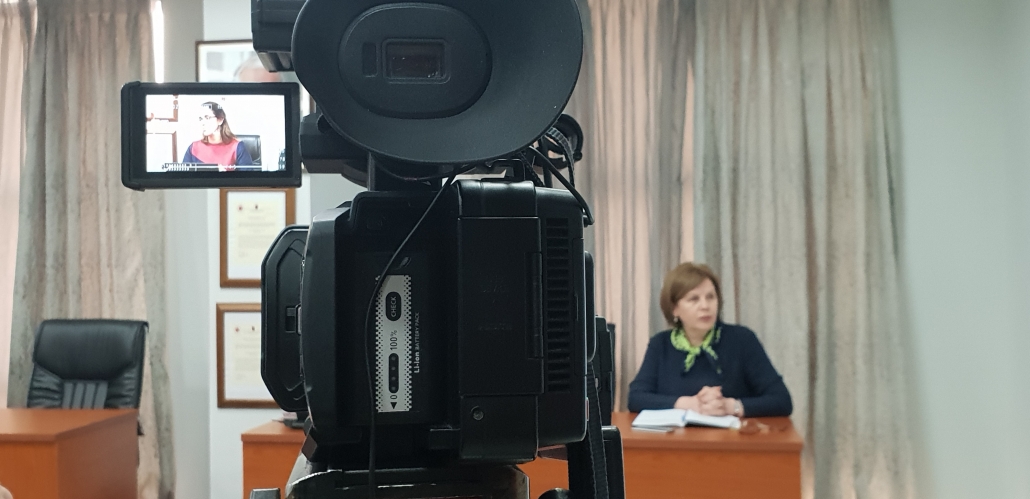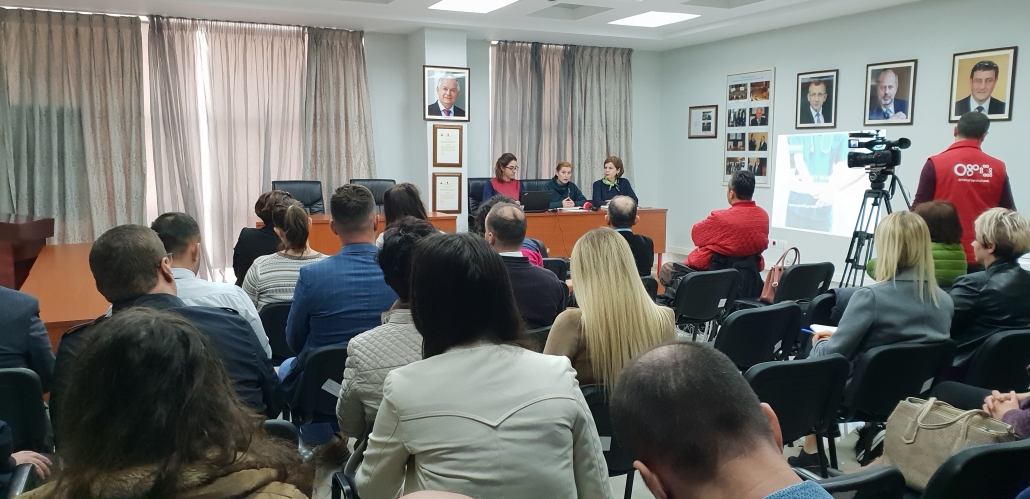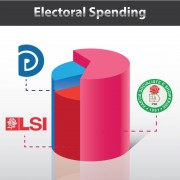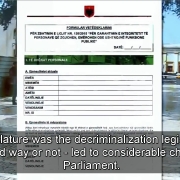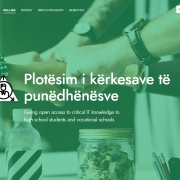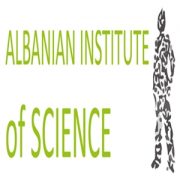On the 19th of November, AIS addressed
the European Court of Human Rights, Council of Europe, asking this court to
consider AIS claim against Albania as a matter of priority and examine the
merits of this case for compliance with Article 6, Article 10, and Article 13
of the European Convention for Human Rights.
Such application comes at a time when the High Court,
where a recourse is filed, and the Constitutional Court are non-functional.
The arguments for the case, whose merits are to be
reviewed by the Court, are presented to the Court of Strasbourg as follows:
Subject: Request to deal as a matter of priority the
application AIS v Albania and to
examine the merits of this case for breach of article 6, article 10 and article
13 of the European Convention of Human Rights.
On
9 June 2015, during the local electoral campaign, the Albanian Institute of
Science (AIS)[1] – an Albanian NGO – sent an official request
to the three main electoral subjects, i.e. the Socialist Party (SP), the
Democratic Party (DP), and the Socialist Movement for Integration (SMI) asking
them for the following information:
- list of
donors of non-public funds, from whom they had benefitted since 21 May 2015
amounts above 100 000 (one hundred thousand) ALL or the equivalent value in
services or goods;
- list of
every expense made since 21 May 2015 using the annual funds benefitted from the
state budget in 2015.
The
above electoral subjects did not respond to our request. Therefore, pursuant to
Article 24 of Law no. 119/2014 “On the right (access) to information”, AIS
filed a complaint with the Commissioner for the Right to Information and
Protection of Personal Data on 7 July 2015.
The
Commissioner for the Right to Information and Protection of Personal Data
informed us on 25 July 2015 of its decision no. 44, dated 22.07.2015 on
“Rejection of complaint”. The Commissioner rejected our request no. 675, dated
9.07.2015, arguing that “the requested
information is to be administered by the organizations foreseen by this law and
it’s Article 2, which are not defined as public authorities in terms of how
they are organized, how they operate, and their regulatory legal framework”.
Pursuant
to Article 25 of Law no. 119/2014 “On the right to information”, the Albanian
Institute of Science filed a lawsuit with the Administrative Court of First
Instance of Tirana.
Upon
completion of the court hearings, the Administrative Court of First Instance of
Tirana delivered the decision no. 5687, dated 10.11.2015 according to which:
“The court rejects the lawsuit of the Albanian Institute of Science against the
Commissioner for the Right to Information and Protection of Personal Data, the
Socialist Party of Albania, the Democratic Party of Albania, and the Socialist
Movement for Integration of Albania, which claims the “Abrogation of decision
no. 44, dated 22.07.2015 of the Commissioner of the Right to Information and
Protection of Personal Data as a lawsuit not based on evidence or law. The
court forces the political parties (electoral subjects), i.e. the Socialist
Party, the Democratic Party, and the Socialist Movement for Integration to
provide the Albanian Institute of Science with the information requested about
the financing of their electoral campaigns as per its (AIS’) request dated 9
June 2015.”
The
Albanian Institute of Science complained against the decision of the
Administrative Court of First Instance by addressing the Administrative Court
of Appeal on 25 November 2015. The Administrative Court of Appeal by decision
no 5236, date 22.11.2017 decided to uphold the decision of Tirana First
Instance Administrative Court.
The
case now is pending before the Supreme Court of Albania.
AIS
addressed the European Court of Human Rights on 18 May 2016, asking this Court
to express itself on this adjudication process, and whether they constitute a
violation of Articles 6 and article 13 of the European Convention of Human
Rights.
As you may
know on July 22, 2016, the Parliament of Albania approved 17 constitutional
amendments required to reform the justice system, aspiring to change its image
by making it more independent, accountable and efficient. These constitutional
amendments, inter alia represent the
implementation of the Vetting Law, known as the temporary re-evaluation of the
judges and prosecutors of the Republic of Albania.
The process
of reassessing members of the judiciary system, otherwise known as the vetting
process, started in November 2017 and will include over 800 judges and
prosecutors, as well as a number of other employees of the justice system.
Up to nowadays
the results of the vetting process are for the Supreme Court only 4 judges
passed the vetting, and two of them are still under review procedures at the
Appeal Chamber.
So far,
the Constitutional Court is the institution that has been hit hardest by the
vetting process. Out of nine members, only two have successfully passed the
verdict and one of them is in the appeal process before the Appeal Chamber.
No one in
Albania is able to predict when there will be established and become
functional, both the Supreme Court and the Constitutional Court. Consequently
no one in Albania can give an answer when the AIS appeal in the Supreme Court
and eventually in the Constitutional Court will be judged. Meanwhile the topic
of the request and of the whole thing loses the actuality because the request
for the transparency of the finances of the political parties in the elections
was made in 2015, still has no final answer from the Administrative College of
the Supreme Court/ Constitutional Court and meanwhile there are also next local
elections to be held in June 2019.
Furthermore
we want to add in the AIS application the legal arguments and request to
consider the claim for breach of article 10 of the European Court of Human
Rights by Albania.
The European Court of Human Rights in the case Magyar Helsinki Bizottsag v Hungary did
recognize that such a right to information or obligation to provide information
may arise in two categories of cases: (1) where disclosure of the information
has been imposed by an enforceable judicial order, and (2) in circumstances
where access to the information is instrumental for an individual’s exercise of
their right to freedom of expression, and where its denial constitutes an
interference with that right.
The Court went
on to set out four principles, drawn from its more recent case law relating to
access to information, that could be relied on to determine whether a denial of
access falls within the second category of case.
– The purpose of the information request: it is a requirement, before Article 10 can come into play, for the
information sought to be necessary for the exercise of the right to freedom of
expression. The right to vote can be considered as freedom of expression and
knowing in advance before the election date the financing of political parties
is a precondition for free and fair election. This can be demonstrated where
the denial of the information would hinder or impair and individual’s exercise
of the right.
– The nature of the information sought: the information to which access is sought must generally meet a
“public-interest test” for the disclosure to be necessary under Article 10.
– The role of the applicant: where the individual is seeking access to the information with a view
to informing the public in a capacity as a public or social watchdog, this will
be an important consideration in determining whether Article 10 applies.
– Ready and available information: the extent to which the information being sought is ready and
available will also be an important criterion when determining whether Article
10 is applicable to a case where an individual has been denied access to
information.
Based on
these conditions, please consider our request to examine also the merits of the
case in the application AIS v Albania
at the European Court of Human Rights submitted on 18 May 2016 regarding the
breach of article 6, article 10 and article 13 of European Convention, and please
consider as well the possibility of expediting the procedure for AIS application
examination in Strasbourg, as soon as it is possible.
Hoping
that our request will be taken into consideration.
Aranita Brahaj
Executive Director of AIS
Legal representative
Viktor Gumi Attorney at Law
Prior phases of the Court process of AIS vs Political Parties for transparency on electoral financies
[1] Albanian Institute of Science (AIS) is an
Albanian registered NGO. Its mission is to promote scientific
activity and applied research in Albania to solve socio-economic problems,
increase transparency, and strengthen civic engagement and respect for human
rights. Financing of political parties during electoral campaigns and informing
the public in a capacity as a public or social watchdog has been for many years
one of the main activities by AIS.
